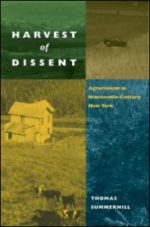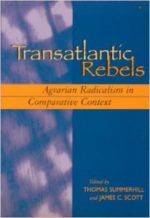
Position: Associate Professor
Field: 19th Century, Comparative, Labor and Working Class, Political, Social
Region: United States
Office: 107C Old Horticulture
Email: summerhi@msu.edu
Phone: (517) 884-4867
Fax: (517) 355-5599


As a scholar I am fascinated by the ways in which individuals and groups have expressed political dissent historically. My research on the 19th century US focuses on how “common people” understood and expressed their views of political economy, then mobilized to effect political change within a republican form of government. Primarily US-focused, my approach draws heavily on the work of historians, anthropologists, and political scientists who study resistance among farmers, peasants and laborers globally.
My current project is a book length study of political dissent in the Civil War North, tentatively titled “Fighting the Union”. I explore the wide range of forms that political dissent took in the North within specific local, state, or national party contexts.
“Fighting the Union” expands on findings presented in my first book Harvest of Dissent: Agrarianism in Nineteenth-Century New York. In Harvest I contend that organized political action by farmers was a constant in 19th century politics, not an episodic, defensive response to specific crises. Taking the long view, agrarians perceived political democracy as a critical tool in a historical struggle between the people and concentrated power. Thus, even as New York farmers became more conservative by 1900, their view of political economy remained distinct from that of the emerging industrial capitalist class.
Transatlantic Rebels: Agrarianism in Comparative Context, edited with James C. Scott, is a selection of essays by a group of international scholars that wrestles with the impacts of capitalist development on agrarian societies globally across time. Tensions between large-scale developers and petit producers form a consistent theme in the studies, with local circumstances giving unique political, economic, social, or legal shape to conflicts.